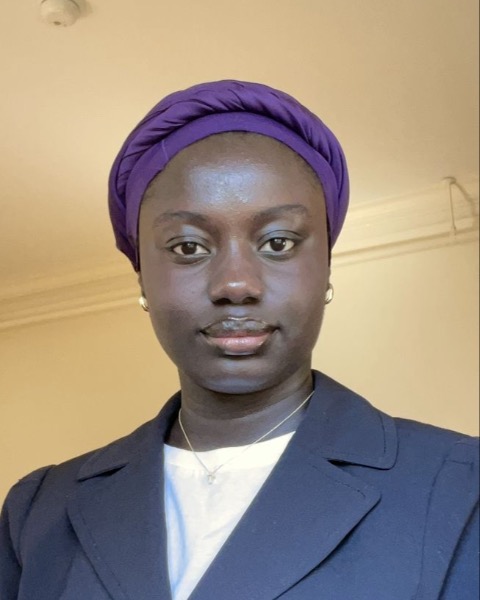Student Poster Display
Plant-Insect Ecosystems
Student
Student Competition
D3196: Insect community composition as an indicator of habitat quality

Zabreya Okyere (she/her/hers)
Undergraduate Student
Smith College
Northampton, Massachusetts- MA
Mariana Abarca
Assistant Professor
Smith College
Northampton, Massachusetts - AD
Adline Dely
Smith College
Northampton, Massachusetts - SH
Susie Hodson
Smith College
Northampton, Massachusetts - CA
Cynthia Arguijo
Smith College
Northampton, Massachusetts
Presenting Author(s)
Co-Author(s)
Insects are pivotal to ecosystem functioning; they have a global presence and perform diverse ecological roles. The proliferation of invasive plant species is one of the drivers of recent insect declines; invasive plants displace native vegetation and are often poor hosts for native insects. This study constitutes the starting point of a long-term habitat restoration program established in 2023 at the MacLeish Field Station in Whately, Massachusetts, USA. The particular objectives were to characterize and compare the insect communities inhabiting the experimental plot undergoing restoration and an adjacent forest fragment that invasive plants have not colonized. During the growing season of 2023, invasive vegetation in the experimental site was removed, leaf litter samples (n = 16 by plot) were gathered from the restoration (50 x 50 m) and mature forest plots (50 x 50 m), and seventeen black cherry saplings were established. We found a total of 327 invertebrates, of which 82 were insects. Our findings revealed a higher abundance and diversity of invertebrates in the mature forest plot compared to the restoration plot. Notably, the restoration plot displayed a lack of Lepidoptera, Hymenoptera, and Thysanoptera, which were present in the forest plot. This difference is likely attributable to unsuitable hosts for herbivores, parasitoids, and flower visitors. We anticipate that once native trees (black cherry and oaks) and native flowers are firmly established, the restoration plot will support a larger and more diverse insect community.

.png)

